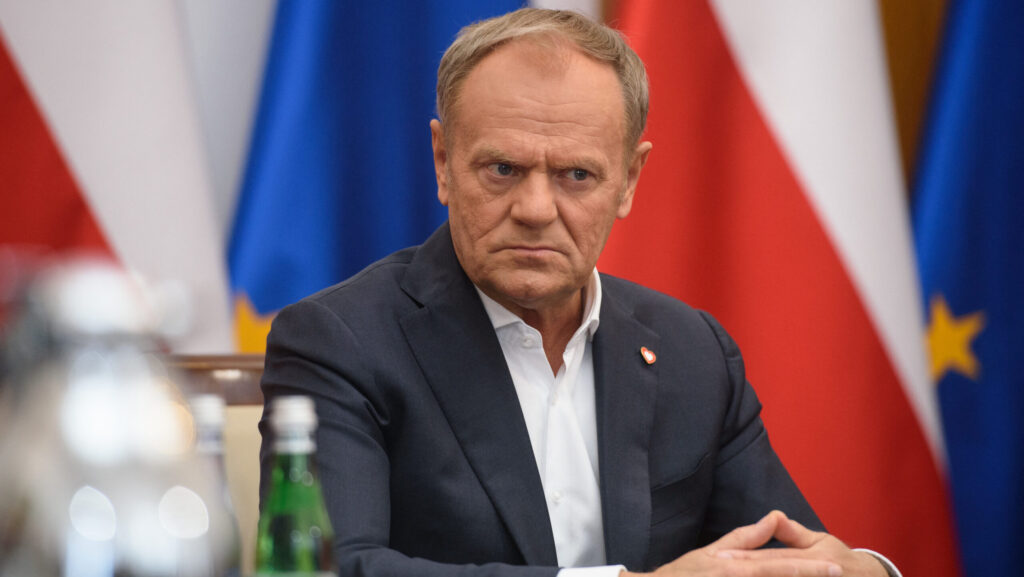I suppose many of our readers heard about the Wonderland Belongs to Everyone controversy that had unfolded in the autumn of 2020. While the book was promoted as a sensitization tool for children raising kids’ awareness about various minorities and their integral part played in society, most of those who opposed the idea of the book thought that was a disingenuous way of publicizing it. The primary objective of the Labris Lesbian Association that published it, and of those who contributed to the book, most conservative critics noted, was to mainstream LGBTQ culture and ideology starting with the youngest and the most vulnerable.
As opposed to rumours to the contrary, the Hungarian government or Hungarian government agencies did not ban the book. Far-right party executive Dóra Dúró pulled a spectacular stunt during which she shredded a copy of the book in a video made public on the internet, and there were indeed some angry and excessive reaction on the part of right-wing public figures and especially commenters, but no one “went after” the book or the authors and various contributors as suggested in some Hungarian and international publications.
Why conservatives take issue with the book
is not because it features tales in which there are Roma or members of otherwise disadvantaged communities. One might argue that it is laudable that children encounter heroes or heroines who come from abusive families or from deep poverty (which by the way is present in classical tales anyway, but not in a straightforward, let-me-push-it-in-your-face way.) The problem for conservatives with books like Wonderland Belongs to Everyone is that they retroactively try to change the essential meaning, moral lessons and model-creating qualities of classical children’s tales. Although the tales in the book are written by contemporary authors, and are, therefore, original pieces of writing, the way I see it they are not just “modernizing” the classical children’s tale genre but in many ways forcing their ideological optics on it. These efforts remind me of the ones I have just read about, namely that some progressive cultural warriors are suggesting the “reimagination” of the English Renaissance by portraying that period’s protagonists as African-American.
There was some artificially generated international uproar around the controversy, especially after the prime minister himself expressed criticism regarding the LGBTQ ideology pushed by the book. I wonder if a similar controversy will emerge now that another book, titled What a Family! was published, very aptly, on Children’s Day this Sunday. The release of the publication was announced by the Foundation for Rainbow Families on Facebook. Concerns have already been voiced by the spokesperson of the Christian Democratic People’s Party just the others day. The foundation said in their statement that the book’s purpose is to allow children living in rainbow families to recognize themselves in kids’ tales and the timing sent the message that rainbow families and children living in them should be also celebrated.
I absolutely agree. There is indisputable diversity now as to existing family models in Hungary, and there are indeed probably hundreds of children, if not more, who live with parents or adoptive parents who belong to the LGBTQ community. That reality has to be reckoned with, and the children who are raised by queer parents deserve the same protections and support as any other kid. I also think that the existence of alternative family models and the recognition of those do not necessarily weaken the traditional family models. And it will certainly not be a single book that destroys the classical mother-father-children family.
As I see it, the way forward is holding up the traditional family model as a worthy example. More public debates and discussions in which credible experts and people of faith speak about the values and benefits of a traditional family model are needed. What is also needed is that young people have the courage and the determination not to shy away from the responsibilities and, hopefully, lifelong commitment that come with starting a family. Conservative teachers, pastors, civil groups and parents all have a huge responsibility in helping young people take that step. I am convinced that in this case, as in all others instances, the only way forward is to lead by example, so books like What a family! are not a threat, but a positive challenge.








